In March 2017, 68 Finnish researchers in the forest sector signed a forest declaration (in Finnish only), which questions Finland’s plans (link in Finnish) to significantly increase felling and the use of wood in the coming decades. The declaration is based on the latest research, according to which increasing the use of wood accelerates climate change and weakens biological diversity.
The declaration raised a minor storm over the debate surrounding the future use of Finnish forests, which I have analysed together with Janne Kotiaho and Timo Vesala in the most recent issue of the journal Alue ja Ympäristö (link in Finnish).
The forest declaration was not an attack on the use of forests.
The aim of the declaration was to raise awareness among decision-makers, and the public at large, about the latest scientific evidence on the impact of intensified forest use on climate change and biological diversity. However, many interpreted it as an attack on the use of forests. This is not the case. The declaration simply notes that with respect to climate change and biodiversity, Finnish wood processing should start producing durable wood products, instead of short-lived pulp, paper and energy. Does the wood processing industry, which tends to be slow to act, have the ability and the desire for a rapid change of course?
Civil servants in key ministries reacted to the declaration either with extreme suspicion or open hostility. Nevertheless, the state administration increasingly emphasises basing decision-making on scientific evidence. Is the civil service a firewall that makes sure that the evidence that decisions are based on is compatible with strategies? Shouldn’t civil servants primarily pass on scientific evidence to decision-makers in an understandable manner – including evidence that calls strategies into question?
Do researchers practice self-censorship?
A large proportion of researchers in Finland’s sectoral research institutes did not want to sign the declaration, even though they agreed with the content. In recent years, cases of censorship of researchers have been revealed in state-run research institutes, which have probably clarified the rules concerning public statements. But do the rules of the game always guarantee freedom of research? Or do researchers who have limited contracts or are dependent on external funding practice self-censorship?
Some researchers in environmental policy and sustainability did not sign the declaration because of its narrow scope – after all, sustainable development has often been interpreted as a balanced trinity of ecological, social and economic dimensions. The declaration violates this balance with the inconvenient truth that socially and economically sustainable forest use can be ecologically unsustainable. Is research on sustainable development burdened by the requirement of multidimensional balance? Is there is a basic unwillingness to concede the existence of tensions between the dimensions?
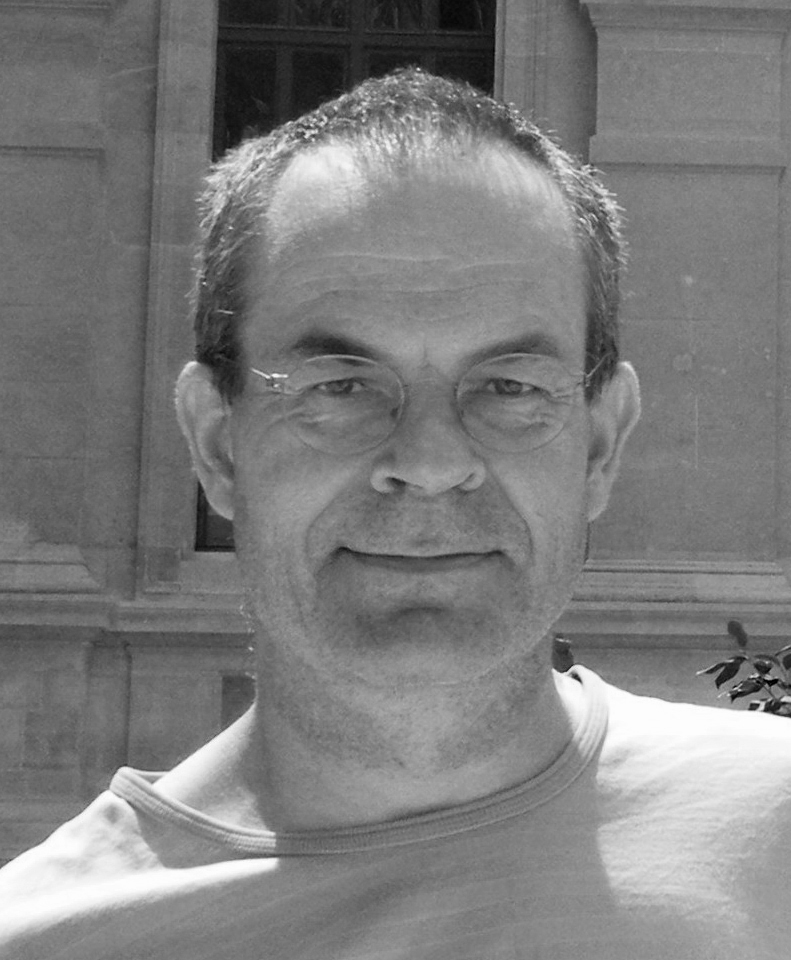
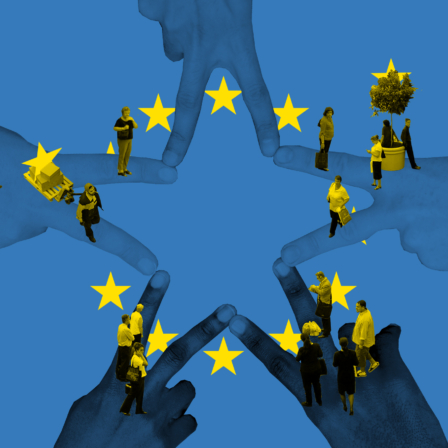






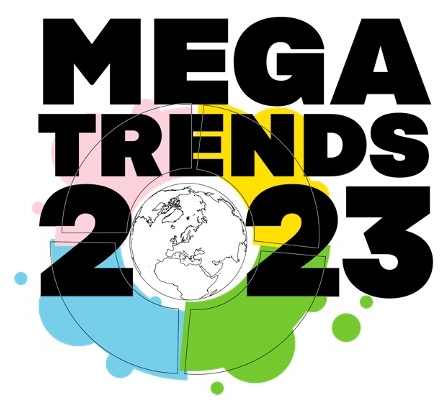
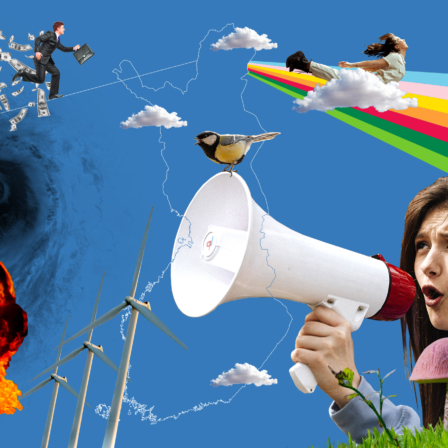
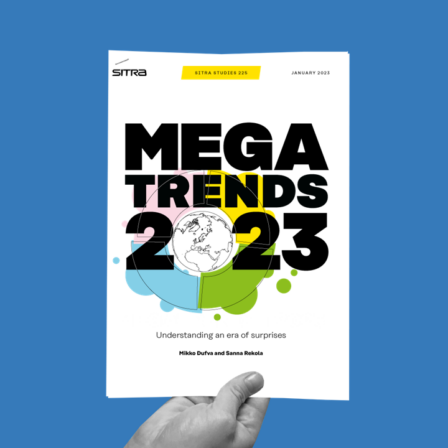


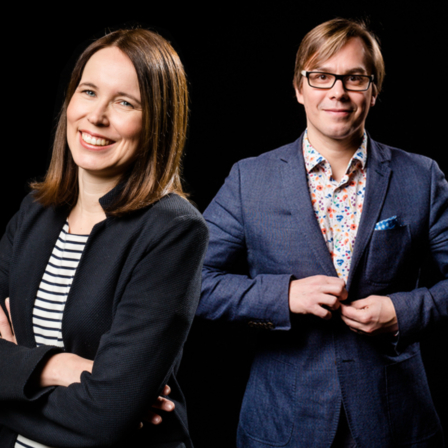


Recommended
Have some more.